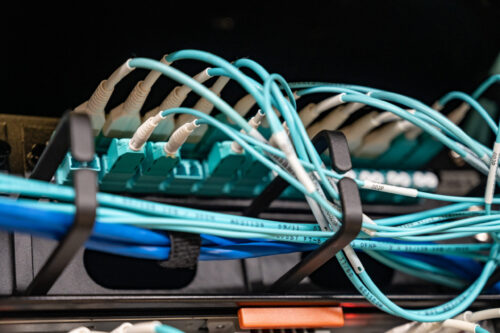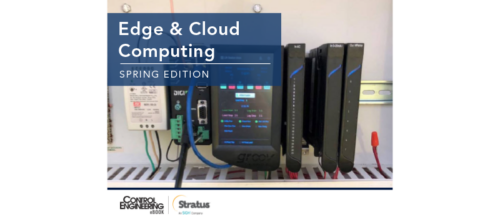Pinpoint tracking: e-registration stops fraudulent returns without comprising consumer privacy
Manufacturers and retailers have long sought a method of tracking products through their lifecycles—to ensure only authorized returns and in-warranty work—without infringing on consumer privacy concerns. One company finally offers the technology to do just that.
Retailers and National Retail Federation estimated that fraudulent returns (including returns with stolen receipts and returns of used merchandise) were expected to hit $3.7 billion during the 2007 holiday season. And a study released last month by Accenture reported that the electronics industry alone experiences product returns (legitimate and otherwise) of approximately $14 billion a year.Given these numbers, it is important for manufacturers and retailers to be able to track their products through their lifecycles to ensure only authorized returns and in-warranty work, but to be able to do so without infringing on consumer privacy concerns.One company offers the technology to do that. SIRAS offers an electronic registration system designed to track merchandise to the item level. It tracks product data only—not consumer data—at the point of sale or via pre-registration, as a means to control and prevent fraudulent returns, as well as to validate warranties.The technology uses a combination of the UPC and serial number to establish a “unique fingerprint” from each product. When the product is scanned (via POS system or pre-registration), pertinent information is appended to the transaction and sent to a centralized database maintained by SIRAS. Information includes: UPC, serial number, store number, date, transaction number, etc.If a product is returned to the retailer, information on when and where the product was purchased is pulled from the database. The retailer can then decide if it is still eligible for return and/or under warranty.”If a customer wants to return a product to the manufacturer for warranty work, the manufacturer can key in the serial number,” adds Peter Junger, president of SIRAS. “This bounces off our database and immediately populates the manufacturer’s screen with the date the product was purchased, which retailer, and if the product is still under warranty.”Overall, the technology prevents fraudulent and unwarranted returns, simplifies returns reconciliation, prevents cross-retailer returns, avoids free trade-ups to newer technology, and validates warranty entitlement. And, since the system identifies only the product, it provides full anonymity to customers.Major retail customers include Wal-Mart, Target, and Kmart. Some major manufacturing customers include Brother, Electrolux/Eureka, GE, HP, Magnavox, Panasonic, Philips, RCA, and Schwinn.”Through SIRAS, Philips has found the first new and effective uniform returns management technology,” states Tony Sciarrotta, director of product returns for Philips. “Philips and our retailers have access to factual data pertaining to return and warranty/repair policies to help enforce established policies.” According to Sciarrotta, the consistent data that is available determines the appropriate disposition of products which are presented for return or repair. “Additionally, the same database information supports call center and warranty service management, while reducing costs associated with handling returns,” he adds.While SIRAS and the retailers are responsible for most of the daily activity, manufacturers who use SIRAS must initially meet some basic requirements, as outlined in SIRAS’s certification document. “This contains serial number format, barcode, and label specifications that manufacturers will need to be in compliance with when they use SIRAS,” explains Junger. “For example, the serial number needs to be located near the UPC barcode. In addition, print quality is important, to eliminate the need for multiple scans at the POS system.”While SIRAS utilizes barcode technology today, Junger notes that: “When RFID is ready for ‘prime time,’ SIRAS will be able to make the transition seamlessly from barcode to RFID.”
Do you have experience and expertise with the topics mentioned in this content? You should consider contributing to our CFE Media editorial team and getting the recognition you and your company deserve. Click here to start this process.





